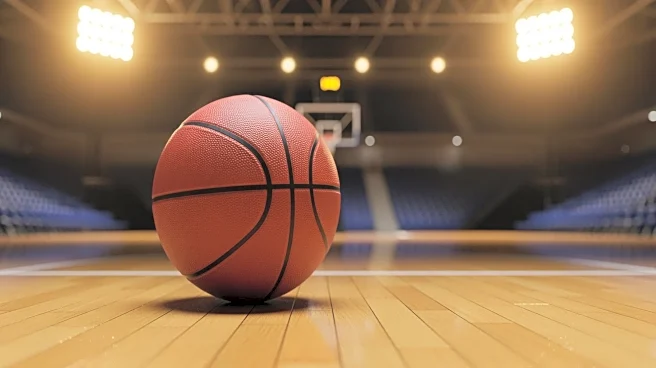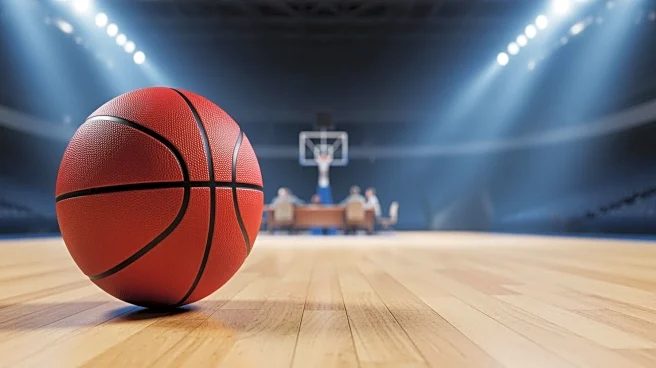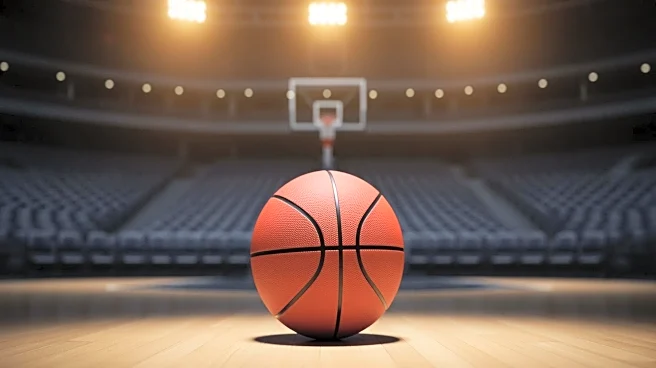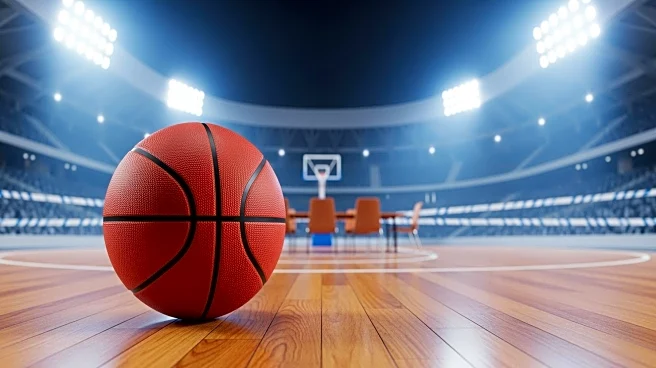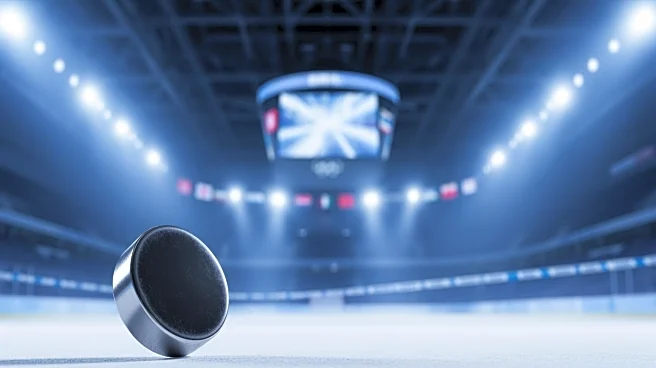What's Happening?
Chad Ruhwedel, a professional hockey player, has announced his retirement from the NHL after a 13-year career. Ruhwedel played for several teams, including the Pittsburgh Penguins, Buffalo Sabres, and New York Rangers. He is most notably recognized for his time with the Penguins, where he contributed to the team's Stanley Cup victory in 2017. Throughout his career, Ruhwedel participated in 369 regular-season NHL games, scoring 13 goals and accumulating 50 points. His physical presence on the ice was marked by 622 hits, showcasing his defensive capabilities. Ruhwedel's decision to retire comes at the age of 35, concluding a significant chapter in his professional life.
AD
Why It's Important?
Ruhwedel's retirement marks the end of a notable career in the NHL, particularly for the Pittsburgh Penguins, where he was part of a championship-winning team. His departure may impact the team's defensive lineup, as they lose a seasoned player known for his physical style of play. Ruhwedel's career serves as an example of longevity and dedication in professional sports, highlighting the challenges and achievements faced by athletes over extended periods. His retirement also opens up opportunities for younger players to step into his role, potentially altering team dynamics and strategies in upcoming seasons.
What's Next?
With Ruhwedel's retirement, the Pittsburgh Penguins and other teams he played for may need to reassess their defensive strategies and player rosters. The Penguins, in particular, might look to recruit or promote players from within their system to fill the gap left by Ruhwedel. Additionally, Ruhwedel may explore opportunities outside of playing, such as coaching, sports commentary, or other roles within the hockey community, leveraging his extensive experience and knowledge of the game.
Beyond the Headlines
Ruhwedel's retirement highlights the physical demands and career longevity challenges faced by professional athletes. It underscores the importance of planning for life after sports, as players often transition to new roles within or outside the sports industry. His career also reflects the evolving nature of professional hockey, where players must adapt to changes in team dynamics, coaching styles, and league regulations over time.
